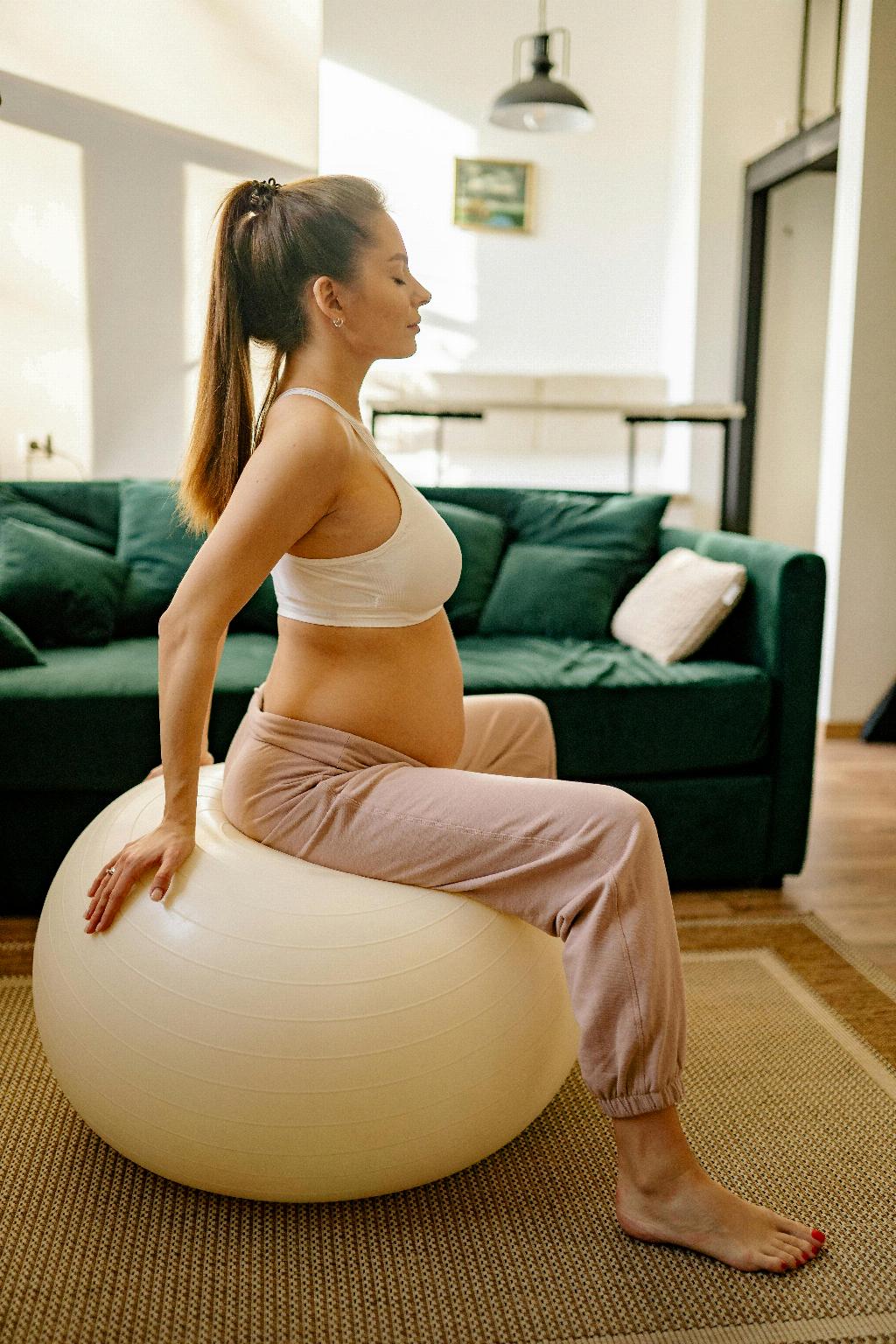Early pregnancy is a time of significant change for your body, both physically and emotionally. It’s a period characterized by a myriad of symptoms that can vary from woman to woman, and even from one pregnancy to another. These symptoms can be a sign that your body is adjusting to the new life growing within you.
Body Aches and Pains
One common symptom women experience in early pregnancy is body aches and pains. These discomforts can manifest in various parts of the body, including the lower abdomen and joints. These aches and pains are often the result of your body adapting to the changes brought on by pregnancy.
Morning Sickness
Another well-known early pregnancy symptom is morning sickness. Contrary to its name, morning sickness can occur at any time of the day and may present as nausea or actual vomiting. This symptom, while unpleasant, is typically a positive sign of a healthy pregnancy and hormone changes.
Constipation
Constipation is another symptom that many women experience in early pregnancy. The hormonal changes in your body can affect the digestive system, leading to slower bowel movements and difficulty passing stool. Staying hydrated and eating fiber-rich foods can help alleviate this discomfort.
Fatigue
Feeling more tired than usual is a common experience in early pregnancy. Your body is working hard to support the growth and development of your baby, which can leave you feeling drained. Taking regular breaks, napping when you can, and prioritizing rest can help combat pregnancy fatigue.
Changes in Breast Size and Sensitivity
Many women notice changes in their breast size and sensitivity in early pregnancy. Your breasts may feel fuller, heavier, or more tender than usual. These changes are often due to hormonal fluctuations and increased blood flow to the breast tissue as your body prepares for breastfeeding.
Increased Urination
Early pregnancy can also bring about an increased need to urinate. This symptom is caused by the growing uterus putting pressure on the bladder, leading to more frequent trips to the bathroom. It’s important to stay hydrated, even if it means more frequent restroom breaks.
Food Cravings and Aversions
Changes in appetite, food cravings, and aversions are common in early pregnancy. You may find yourself drawn to certain foods while feeling repelled by others. These cravings and aversions are thought to be influenced by hormonal changes and your body’s nutritional needs.
Mood Swings
Fluctuating hormones in early pregnancy can lead to mood swings and emotional changes. You may find yourself experiencing intense emotions such as joy, anxiety, or irritability in rapid succession. These mood swings are a normal part of pregnancy and should subside as your hormones stabilize.
Heightened Sense of Smell
Many women report a heightened sense of smell in early pregnancy. Everyday scents that never bothered you before may suddenly become overpowering or unpleasant. This sensitivity to odors is believed to be linked to hormonal changes and can vary in intensity from woman to woman.
Dizziness and Lightheadedness
Feeling dizzy or lightheaded is another symptom that some women experience in early pregnancy. This sensation can be triggered by hormonal changes, low blood sugar, or the increased demands on your circulatory system. Taking care to stand up slowly and staying hydrated can help manage these symptoms.
Skin Changes
Changes in your skin, such as acne or a pregnancy “glow,” are common in early pregnancy. Hormonal fluctuations can affect the oil production in your skin, leading to breakouts or a radiant complexion. Good skincare habits and staying hydrated can help maintain healthy skin during pregnancy.

